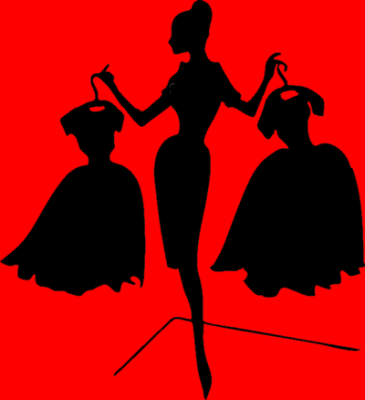Writer-director Mike Mills’ 20th Century Women is about a single mother and her rapidly growing son who live in a time when America’s growth felt physical, like you could touch it.
In 1979, in California, the death of a decade and the birth of another converged to form a watershed moment in American culture. This period of change is interesting to view in hindsight, but during it people felt blind. Women made leaps and strides in their second wave of feminism, but, as Annette Bening’s Dorothea character explains, in 1979 men couldn’t be what they were, and they didn’t know what they would become.
Maybe it was time women helped not only themselves, but men, too.
Dorothea and her boy, Jamie, live in a house in Santa Barbara that they share with William (Billy Crudup could bring nuance and depth playing a stick figure), and Abbie (Greta Gerwig, built for a role as a ’70s artist) who are not related to the mother and son, they’re just roommates. Jamie’s close friend Julie (perfectly cast Elle Fanning), virtually lives there. She climbs up the side of the house and into Jamie’s bed each night. They’re just friends, despite puberty complicating everything.
It is incredibly liberating to watch a movie that doesn’t fear bold expression. The crux of the movie is a hypothesis put to the test: Can women raise a man? Does a man need a man? They pose these questions to each other as simply as I just have to you. A normal film would shade these questions, and envelop these ideas in complex (or not) metaphors so that we’re forced to evaluate the movie’s individual scenes and consider how they relate to the fundamental point of the story. Not here. 1970s California fosters open discussion about such subjects. People try and test different philosophies and all but outright report their findings at the dinner table.
If you’re thinking what I thought when I first read the concept (“Is this going to be a tone-deaf film about three women who devote themselves to raising a man and in the process leave behind their own dreams and personalities? Fuck.”) fear not. Jamie may be what tethers all the characters to each other, but they have more than enough room for a complete personal arc, and enough depth to have been leads in their own movie. A testament to this could be the Golden Globes nominated Annette Bening in their best actress category, not their best supporting.
I cannot for the life of me believe this film’s synopsis would make a producer jump from their chair and exclaim, “I must make this!” It is too broad. It lacks a clear structure. A.O. Scott of the New York Times says 20th Century Women is like flipping through an encyclopedia, and he’s right. We get visual references, a non-linear timeline, historical events that serve as story interludes or conversational jumping off points. But it isn’t boring. It’s beautiful to look at and to follow these characters is fulfilling because these people have a goal.
They have a reason for their experimentation. They not only want to better themselves, develop themselves, they want to bring Jamie up right.
This story concept not only provides reasonable basis for many memorable scenes and ventures into different subcultures (punk to disco to hippie to skateboarding to art), it provides the basis for conflict. Dorothea wants the help of best friend Julie and Abbie the live-in artist to guide Jamie? Okay, how? What’s good about this idea is also what’s bad. Each of these women is different enough that Jamie will certainly become well rounded, but these women are also just people, which means they’re going to fall victim to the insecurities that surround responsibility and relate to importance. Why doesn’t my advice hold as much water as hers? Do I not have enough life experience? Am I not as smart as I thought I was?
Also, this is an experiment. There’s no scheduling or explicit, strict guideline for how and when these women get to influence this boy. It’s chaos, and while Jamie feels himself grow and we witness him grow, he grows too quickly and in too many different directions to stay sane, especially when at the heart of all of this he’s going through puberty. He can’t express himself to his mother, and one of the people trying to parent him is someone who rebuffs his romantic advances and yet cuddles him as often as she can.
Doesn’t this sound stressful? Well, it may be to experience, but it isn’t to watch. It’s thought-provoking and engaging and warm, and while I feel like I not only get to witness the arc of a boy but also three women, I feel like Mills educates me on the Californian 1970s as a whole.
I can’t imagine asking for a better movie.






